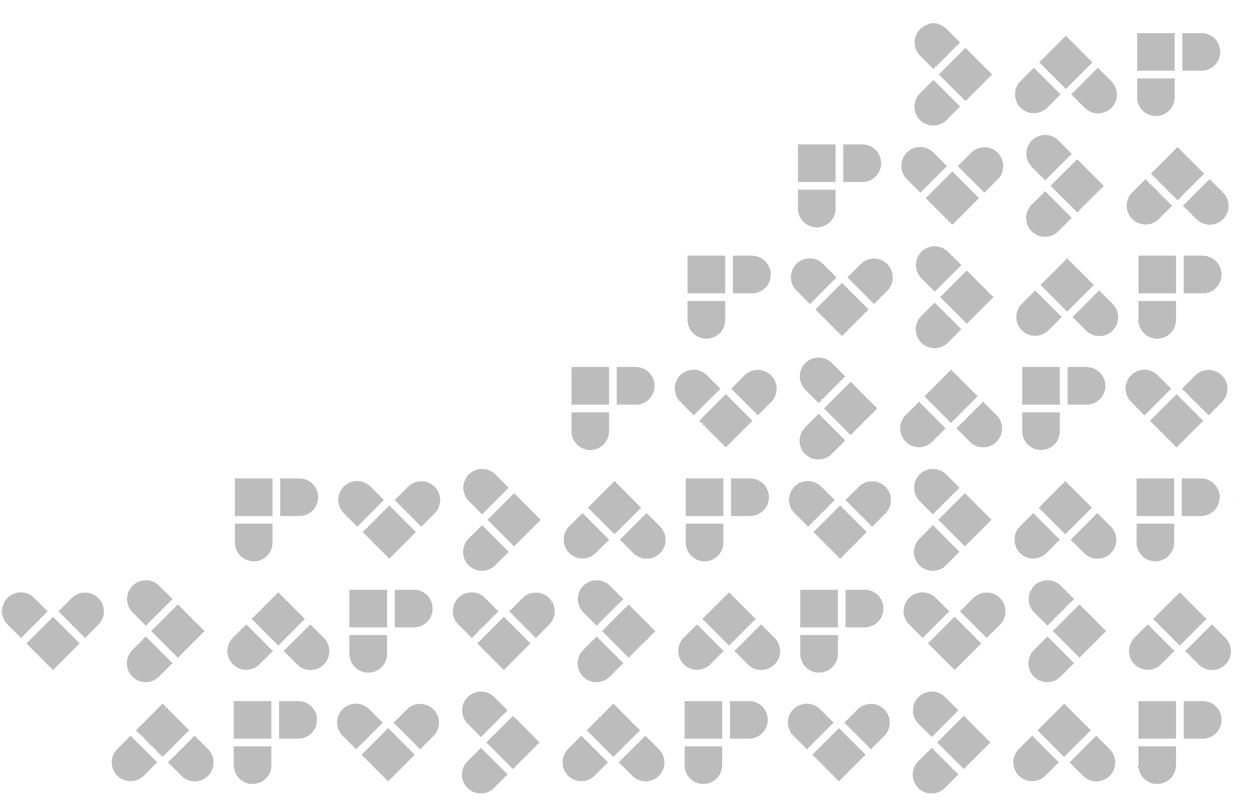Short Course in Counselling


Course Overview
Complete three units from the CHC51015 Diploma of Counselling to receive a nationally recognised Statement of Attainment (SOA). This course provides essential training in basic counselling skills, serving as a stepping stone into the field or as an additional skill set for your career. It's particularly beneficial for teachers or HR professionals, offering techniques for handling difficult situations. Counselling is a rewarding field with numerous specialisations, offering opportunities to make a significant impact in people's lives.
What You’ll Learn
This short course offers a practical introduction to the core skills of counselling, ideal for those working in support roles or exploring a pathway into the field. You’ll learn to:
Build strong client relationships through effective communication – laying the foundation for trust and rapport in counselling
Apply specialist counselling and interpersonal skills – to conduct structured, professional conversations that support client needs
Facilitate the counselling process with confidence – helping clients explore concerns, set goals, and work toward positive change
With a focus on real-world application, this course is a valuable standalone skills boost—or a strong first step toward completing the full Diploma of Counselling.
Studying with Upskilled
What's Included?
By choosing the Short Course in Counselling, you'll gain access to resources that enhance your online learning experience, making it interactive and engaging:
Benefit from expert career advice provided by our trainers as you study.
Access top vendor content like Microsoft and prepare for certifications.
Access course materials through our customised learning platform.
Get help from our dedicated Australian-based support team.
Learn from experts with decades of industry experience.
Modules
To satisfy the requirements of this qualification, you'll need to complete the following units of competency.
This unit describes the skills and knowledge required to use a structured approach to counselling to determine, establish and confirm the nature of the counsellor client relationship according to the agency’s counselling model. This unit applies to individuals whose job role involves working with clients on personal and psychological issues within established policies, procedures and guidelines.
This unit describes the skills and knowledge to support clients to identify and work though concerns, and to manage the overall counselling process to its conclusion. This unit applies to individuals whose job role involves working with clients on personal and psychological issues within established policies, procedures and guidelines.
This unit describes the skills and knowledge required to use advanced and specialised communication skills in the client-counsellor relationship. This unit applies to those who work with clients who are experiencing mental health issues or for those looking to gain interpersonal and basic counselling skills to supplement their existing profession.
Career Outcomes
Possible Careers
Students who successfully complete this qualification may be able to pursue the following career outcomes.
Industry Outlook
Discover why Community Services is a vital and rewarding field, making a meaningful difference in people's lives.
Salary
$60k - $82K Annual Salary
Jobs
88,500
Education pathways
If you successfully complete the Statement of Attainment in CHC52021 - Diploma of Community Services (Case Management), you may be able to pursue the following related qualifications:
- CHC51015 - Diploma of Counselling
Alternatively, if you're interested in Individual Support, we also offer the following courses:
Payment Options
All amounts are in AUD. Speak to our friendly Education Consultants at 1300 009 024 to learn about flexible payment plans.
*Terms & Conditions Apply. Government Funding may be available in some states. Please contact our education consultants to learn more. You can also check the Government Funding Section in FAQs.
Our Trainers
Upskilled Community Service trainers are industry professionals with extensive experience and expertise, dedicated to providing practical, hands-on learning. They are committed to helping students develop the skills to succeed in the impactful and evolving community services industry.
Hear from our past students

Recently started the Diploma of Counselling. Can't thank Upskilled and all staff enough. I was hesitant.at first but it was always something i have wanted to do. Have been involved in education and it has been a part of the job but have always wanted to do it as a profession. The education staff have been so supportive and instructional creating a great learning and interactive environment. Looking forward to studying more and making mistakes as thats how I learn and progress.
Special thank you to Jo one of the Education Consultants. He was informative. friendly, knowledgeable about the course and study. Didn't feel pressured just helped me navigate options and left it up to me to decide. So glad he rang after I expressed interest in commencing studies again after a long time.

My Experience with upskilled's coordinator Mr Ronnie, is absolutely amazing, his such a great teacher and his explanation in regarding the course are very clear and very helpful. Since I started he was always there when needed help with the course. Mr Ronnie makes you understand how to reach your goal of understanding of each session and the progress is very successful. Keep up with the good work Ronnie, and i recommend Upskilled's and Ronnie to every student and do not hesitate to contact all staff there as there a very grateful and will attend helping you straight away. One more think, I wouldn't be able to do this with out you (Ronnie) helping and supporting me, overall his fantastic. I look forward to the next meeting.

I really enjoyed studying the Diploma in Counselling this was such a great course. I loved the interaction with people and learning new aspects of counselling. I have learnt so much that going onto the next faze of my studying will help me tremendously after doing this course.
My trainer Ronnie was very supportive and helpful and was always available when needed, he offered great feedback and encouraged role playing as much as possible.
How to enrol
We will invite you to an online orientation session and you can get started on your course.
Include your details, proof of previous learning, address verification, and preferred payment option to finalise your enrolment.
A friendly Education Consultant will be in touch to answer all your questions.
What you need to know
Entry Requirements
There are no formal entry requirements for this course. To make sure you get the most out of training with us, the following enrolment process applies:
- Once you have inquired, one of our friendly Education Consultants will contact you to ensure you have the right pre-existing knowledge and skills to achieve your chosen qualification.
- A short language, literacy and numeracy assessment will need to be completed upon enrolment.
Recommended Skills and Resources:
- Have the ability to read and write in English and display numeracy skills up to a minimum level of Year 12.
- Have access to a modern computer with high-speed internet.
- Have access to a device with audio/video recording and playback capabilities.
- Have basic computing skills, including the ability to make and upload short videos.
Self-Paced Learning and Course Duration
Upskilled's flexible, self-paced courses let you balance personal and work schedules. With a training plan to keep you on track, most students complete the course in 12-18 months, but motivated learners can finish faster. Speak with an Education Consultant to discuss your study and completion goals.
Assessment
This course will have you undertake summative and formative assessments, write reports and/or create a portfolio, and participate in role-playing scenarios. You'll also be working on a variety of projects that require your own research as well as answering various written/oral questions that apply the theory you learn into practice.
Recognition of Prior Learning / Credit Transfer
You may be eligible for Recognition of Prior Learning (RPL) or Credit Transfer (CT) with supporting evidence of prior education or work experience. This can reduce your study load or course duration. Speak with your Education Consultant before enrolment for details, or download the application from MyUpskilled after enrolment. A trainer will assess your eligibility.
Practical Assessment
Upskilled provides a very practical approach to this short course. As part of your assessment, you will be a counsellor within a simulated workplace. You will be required to complete a minimum of 3 counselling sessions with at least 3 different clients with varying issues (9 role plays in total).
This approach will provide much-needed hands-on practice in counselling clients and will allow you to apply learning and counselling theories in practice.
Role-Playing and Interactive Learning Activities
This course includes optional Interactive Learning Activities to enhance practical experience, led by specialist trainers. These activities allow you to collaborate with other students, share ideas, and engage in group exercises. Benefits include finding study buddies, participating in online classrooms, and engaging in assessment-related activities to improve your knowledge and skills.
Role-playing is a key component, helping you:
- Having a study buddy where you can bounce off ideas and help each other with assessments.
- Online Classrooms where our specialist trainers can go over learning content that's part of your course.
- Activities that relate to your assessments, which can help boost your knowledge and skills.
Dedicated Community Service Trainers
Upskilled's community services trainers bring comprehensive skills and industry experience to prepare you for a rewarding career. They approach training with empathy, compassion, and openness, helping you develop job-ready skills. Support includes recorded assessment walkthroughs, academic support sessions, additional resources, professional development opportunities, peer support, practical practice sessions via Zoom, and online recorded training.
What types of online counselling courses are available?
Online counselling courses range from introductory programs that cover the basics of counselling techniques to specialised courses like mental health counselling, relationship counselling, and youth counselling. These courses allow you to tailor your learning based on your personal interests and the specific areas you want to work in, whether it’s individual therapy, family dynamics, or community support.
How do I know if the online course is right for me?
If you’re looking to build counselling skills and need a flexible learning option, an online course may be a good fit. To ensure it aligns with your goals, review the course’s curriculum, expected outcomes, and the type of support offered, such as mentorship or practical exercises.
How can I connect with instructors and classmates in an online setting?
You can engage with instructors and classmates through virtual classrooms, live Q&A sessions, discussion forums, and scheduled video calls. Many courses also include group projects and collaborative activities to enhance peer interaction, making the online environment more dynamic and engaging.
What technology or equipment do I need to participate in online classes?
A reliable internet connection and a computer or tablet are essential for accessing course materials and participating in online sessions. Basic software like Microsoft Office is often needed for assignments, and some courses may require a webcam for virtual meetings or role-play sessions, simulating real counselling scenarios.
What types of careers can I pursue after completing an online counselling course?
Depending on the level of study and experience, you can pursue roles like support worker, mental health assistant, or community services worker. More advanced courses or certifications can lead to positions such as case manager, addiction counsellor, or family therapist, with opportunities for career growth in the counselling field.
Can I receive adequate support from instructors in an online environment?
Yes, online counselling courses offer multiple support channels, such as regular communication with instructors via email, one-on-one virtual meetings, and feedback on assignments. Many programs also provide access to mentors or peer support networks, ensuring you receive the guidance needed to grasp counselling concepts effectively.
What are the next steps after completing my online counselling course?
After completing an online counselling course, you can pursue further studies in areas like mental health, youth work, or specialised therapy. Alternatively, you can seek entry-level roles in support services, or obtain professional certifications that enhance your expertise and career prospects in counselling.
FAQs
If you have an interest in acquiring basic counselling skills then a Short Course in Counselling can be a great option if you're looking into studying an introductory course that can give you the skills and knowledge needed to develop a basic skill set in counselling. By doing this short course, this can be a stepping stone into the full qualification CHC51015 - Diploma of Counselling. From here, you can pursue a career in counselling provided that you do further study in the field.
In addition, the Short Course in Counselling can give you the soft skills in preparing for difficult situations and can help you make a career transition if you're looking to change careers. This course is also perfect for those who regularly deal with people, so if you're someone that works in education or HR, you may benefit from having some complementary skills in counselling.
There are many benefits in becoming a counsellor. It's one of the popular career options in the community services industry and you'll have the opportunity to specialise if you want to work with specific groups of people.
From couples counselling to mental health counselling, this is a rewarding career for those who are naturally empathetic and have excellent communication skills and can easily build rapport with people from all walks of life.
To enrol in the Short Course in Counselling, you'll need to first submit an enquiry form so that an education consultant can be in touch with you to share more information about the course. You'll need to supply the following details about yourself, including:
- Your Name
- Phone Number
- Email Address
In addition to this, you'll also need to choose the best statement that describes your situation by answering the 'What best describes you?' question. Below are the statements to choose from:
- I'm starting my career
- I'm looking to change careers
- I'm returning to work
- I'm looking for a promotion
- I want to expand my skill set
Once you submit a course enquiry, one of our education consultants will be in touch with you within 48 hours. From there, they'll have a consultation with you and you'll have the opportunity to discuss anything that relates to the course including learning content and payment options.
Upskill to stay ahead of the curve.
Speak with an Upskilled Education Consultant to gain insightful guidance on identifying the ideal course for your career path and future aspirations.



